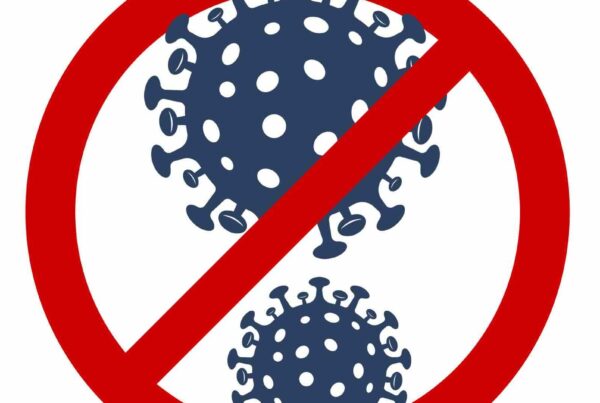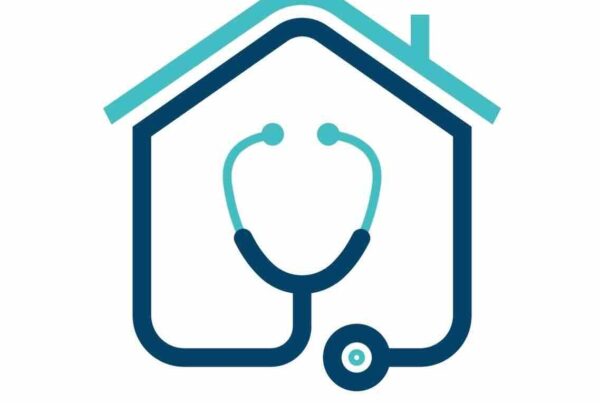People who are dying face a complex range of decisions and choices. There are, for example, choices about where to die (home, hospital, hospice). Choosing where we die often impacts on how we die.
Choosing where we die is often based on our beliefs about what “dying with dignity” means. For example, some may believe that “dying with dignity” involves dying at home with the absence of medical interventions. While it is true that there are occasions when death at home without the intrusion of medical technology may be peaceful and beautiful, there are other times when it may be a painful, undignified and traumatic time for all concerned.
Who should make decisions about how and where we die? Should people who are dying make these decisions about their own lives? Or should health care professionals, family members, priests, policy makers, or hospital managers make decisions on behalf of those who are dying?
Our research shows that people who are dying do not want “experts” making decisions on their behalf. Although professional expertise is valued, people want choices and control. At the very least, people who are dying want to have an influence on their end of life decisions.
To make informed decisions about their individual care, people require access to information. This may include fundamental information, such as a health care professional informing a person that they are in fact dying. When health care professionals (or indeed family members) decide to withhold this information, they inevitably limit an individual’s end-of-life choices.
People who are dying and their families want honest communication. They appreciate health care professionals who are compassionate and truthful. They also want health care professionals to communicate using appropriate language. They do not want health care professionals to use euphemisms. They also do not want to be bamboozled with medical jargon.
Our research suggests that health care professionals often rely on professional assumptions about what “their” patients need, and when they need it. These assumptions are often misplaced. As a result, patients may receive the type of care that their health care professionals think is best, not necessarily what is best for the individual based on their own circumstances.
Access to information enables people who are dying and their families to have more control. People need information about the specific illness and what to expect. This information helps people to make informed choices about where they die, and with whom. Feeling informed allows people to have a sense of control when things feel uncontrollable.
People in our study said that health care professionals did not always provide sufficient information. Without information, people living with a terminal illness and their families have no choice but to accept the health care professionals’ opinion. In addition, many people said that they did not know about the range of support services that were available.
For those unable to die at home, many want the option of dying in a home-like environment within their own communities, surrounded by people they love. However, this is often not possible, particularly for people dying in small rural communities. Current economic priorities make it difficult for rural communities to attract resources to support small facilities. Resources are more likely to be allocated to large, clinical hospices, than small home-like facilities run with the assistance of local volunteers and community involvement. As a result, people often need to travel far from home to receive palliative care in a hospice.
The health care system should support people to play an active role in their end-of-life decisions. Policy needs to focus more on human values such as respect, dignity, kindness and compassion. These non-economic values need to be inserted into the debate about what people need while they are dying.
If we allow “experts” to decide how and where we die, we deny the importance of all that we have learnt about ourselves during our lives. Our “lived experience” influences all our decisions, including when we are dying.
This article was first published in The Age in February 2011



